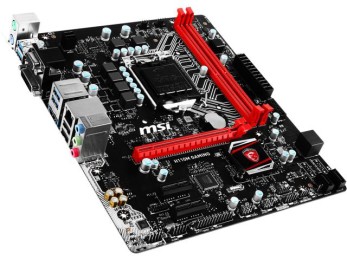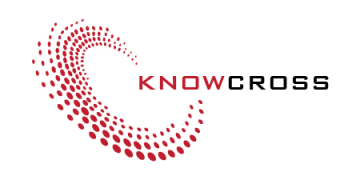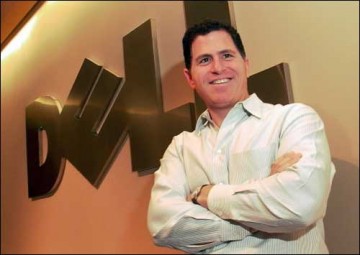 Research from Ricoh Europe has poured cold water on the belief that AI and automation will take channel jobs.
Research from Ricoh Europe has poured cold water on the belief that AI and automation will take channel jobs.
A survey showed that around a third of staff were not in a position to start working with more automation and AI tools.
Ricoh Europe’s VP of corporate marketing, Javier Diez-Aguirre, said that there was a great deal of hype in Europe around digital empowerment and its impact on productivity.
“While AI and automation will transform the way that we work, a lack of training will drastically reduce ROI. Businesses need to consider the person who will be using the new technology. No amount of infrastructure spending will help a business that isn’t encouraging its staff to develop the right skills”, he said.
Despite headlines about being replaced by robots, Europe’s workers see technology to do higher value work, not something that will replace them, he said.
Improving workers’ confidence to use new technology was not a catch-all situation.
“Successfully empowering digital workplaces requires different skillsets and a variety of needs must be catered for. Engaging with workers at every step is vital”, Diez-Aguirre added.
If this is the case, resellers trying to pitch AI and automation to corporates do not have to mention that the tech will mean job losses – because it won’t.


















